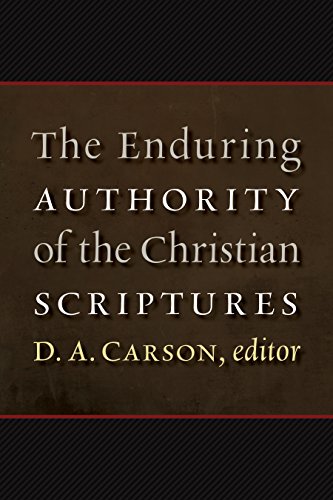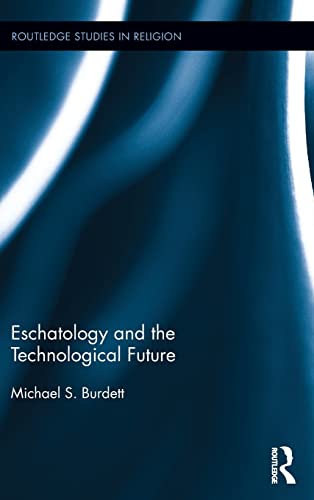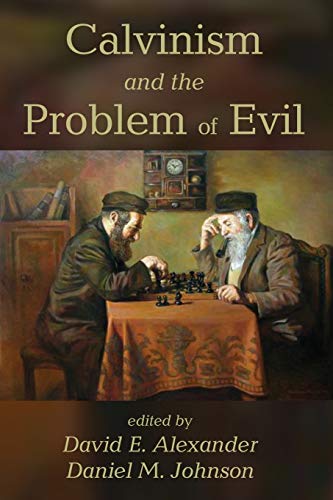Created and Creating: A Biblical Theology of Culture
Written by William Edgar Reviewed By Marvin J. NewellWilliam Edgar holds the John Boyer Chair of Evangelism and Culture and is professor of apologetics at Westminster Theological Seminary in Philadelphia. As such, he is no lightweight when it comes to speaking to issues related to culture. In Created and Creating, we follow a seasoned and highly respected apologist tackling a cultural and missiological theme. Edgar employs his extensive scholastic research to uncover what a plethora of writers, both secular and Christian, have posited about prevailing views on culture itself and subsequent cultural engagement. He states outright that this difficult-to-define-word (“culture”) is never mentioned in Scripture. Yet paradoxically, the Bible is the prime source to reference for properly understanding culture and the believer’s engagement of it.
Edgar informs us at the outset that the book proposes to survey the many ways in which the Bible addresses issues related to culture (p. 19). However, he does much more than that. The first two-thirds of the book barely touch on Scripture at all. Instead, Edgar reaches back into the writings and views of the most noted scholars and writers who have expounded views about what culture is, how it is to be framed, or the classical tension between Christ and culture that became prominent with the writings of Richard Niebuhr. Edgar’s book is worth reading solely for this survey of the field of related literature.
After meticulously surveying the non-biblical landscape, Edgar finally turns in earnest to Scripture itself starting at chapter 8. Beginning with Genesis 1:26–30, he gives a convincing overview of the theme of mankind’s cultural or “creation” mandate (p. 166), which he places under the broader concept of “The First Vocation” that threads its way through Scripture right to the end of Revelation. The major touching points include man created in God’s image, the Noachian covenant’s restart of the culture mandate, the “dark” Tower of Babel incident (p. 187), and the Abrahamic covenant. They lay the foundation for what the rest of Scripture says about the cultural mandate. For Edgar, this is the driving theme, found even in the Great Commission passages, of how God would have his people relate to culture throughout all ages.
Edgar’s main thesis on cultural engagement (and a good summary for the entire book) is found in his final paragraph of chapter 8:
Cultural engagement is the human response to the divine call to enjoy and develop the world that God has generously given to his image bearers. Culture includes the symbols, the tools, the conventions, the social ties, and all else contributing to this call. Cultural activity occurs in a historical setting, and is meant to improve the human condition. Because of the fall, culture can and has become sinister. Christ’s redeeming grace moves culture in the right direction, ennobles it, and allows it to extend the realm of God’s shalom, his goodness, his justice, his love. (pp. 176–77)
In chapter 12, Edgar offers perceptive insights on a topic that most other books on culture sadly omit: “Culture in Afterlife.” In this final chapter, he deals with such topics as: what heaven is like, the resurrection, and redeemed cities. He concludes by stating, “To put it in terms of the major theme of this book, culture and cultural engagement are not suspended in the afterlife but given their full impetus” (p. 231).
Whenever I review a book, I keep three questions prominently in mind: Does the book have quality substance? Does it helpfully inform? Does it give direction? I can emphatically say that this book clearly does all three. One of the major strengths of the book is the prolific documentation of sources referenced from a wide variety of disciplines. Not only is Edgar well-read, he has masterfully applied his knowledge of other’s writings to this topic.
Not everyone will agree with all Edgar writes. For myself, I have difficulty accepting his “self-deliberation” view of the plurality found in Genesis 1:26. I prefer to see the seedbed and first hint of the Trinity in that verse. However, that is a minor matter compared to the overwhelming asset this book brings to the discussion of responsible cultural engagement by Christians.
Marvin J. Newell
Marvin J. Newell
Missio Nexus
Wheaton, Illinois, USA
Other Articles in this Issue
Gospel Differences, Harmonisations, and Historical Truth: Origen and Francis Watson’s Paradigm Shift?
by Frederik S. MulderClaiming to stand on the shoulders of the later Origen, in Gospel Writing: A Canonical Perspective, Francis B...
“For Your Sake We Are Being Killed All Day Long”: Romans 8:36 and the Hermeneutics of Unexplained Suffering
by David StarlingThis article explores the function of Paul’s citation from Psalm 44:22 within the rhetoric of Romans 8:31–39...
Many churches seem to have lost the art of singing lament...
Reflections on Handling the Old Testament as Jesus Would Have Us: Psalm 15 as a Case Study
by Dane C. OrtlundIn appreciation of the renaissance of christocentric and redemptive-historical hermeneutics and homiletics in our generation, this article selects an OT text, Psalm 15, that appears on the surface to be maximally resistant to a Christ-centered reading and preaching of Scripture...
This article examines the meaning of blessing as expressed in the structure and narratives of Genesis...







